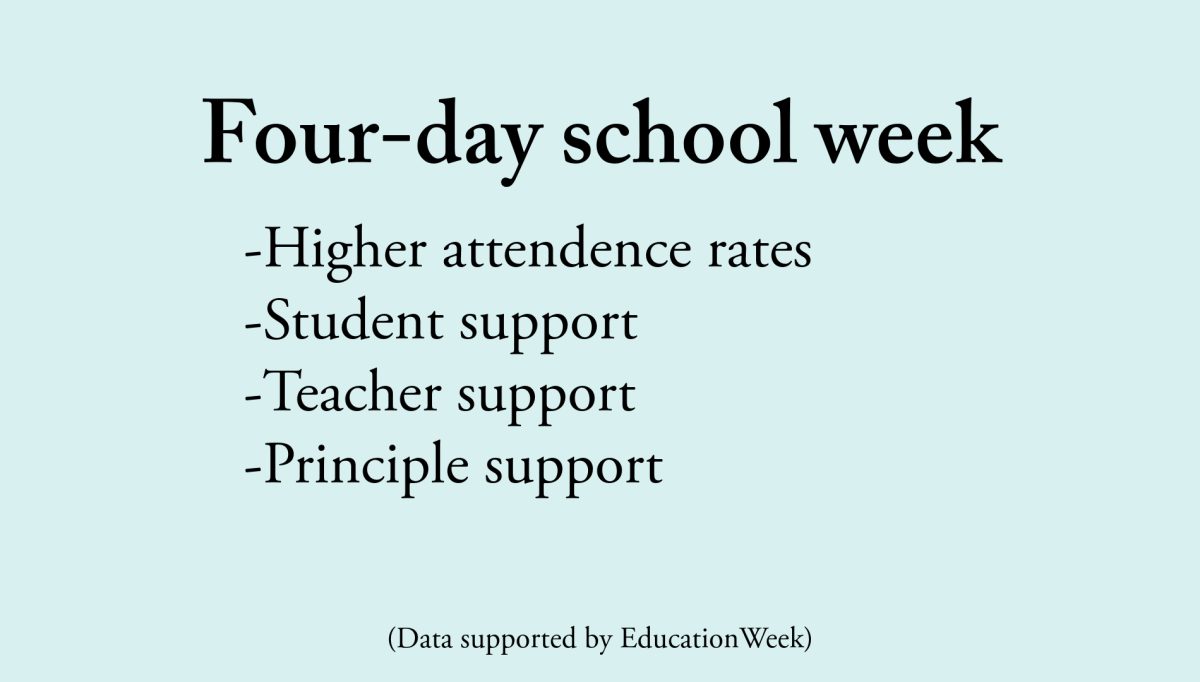Eight ways to get involved to help the environment
April 27, 2020
Reduce Food Waste
According to the New York Times, Americans throw out about 40 percent of the food they purchase every year on average, which is more than enough food to cure world hunger. This food usually ends up in landfills and emits a greenhouse gas called methane. There are many ways for people to help reduce this number and cycle of needless waste, including donating extra food to food banks/kitchens, being mindful when shopping, and creating compost piles out of expired or rotten foods.
Volunteer at an Urban Farm
(Picture via Detroit Abloom)
In Detroit, there are many small urban farms that are in need of volunteers, like The Michigan Urban Farming Initiative and Detroit Abloom. These nonprofit urban farms in Detroit focus on revitalizing areas that would otherwise be vacant while promoting education surrounding food systems and sustainable farming practices and providing fresh produce to farmer’s markets throughout the city.
Don’t Send Chemicals into our Waterways
An easy way to ensure that our waterways are not being polluted by toxic chemicals is by simply buying chemical-free and green household cleaning products. A few brands of chemical-free cleaning products are Mr. Meyer’s Clean Day, Seventh Generation, and Method Home. In addition to being non-toxic, many of these brands use renewable energy to create their products and have eco-friendly packaging.
Shop for Clean Clothes
The fashion industry produces an enormous carbon footprint as a result of the production process and materials in certain types of clothing. Companies that use fast fashion as a main form of production are harmful to the environment, and a way to reduce this carbon footprint is to thrift clothes and support businesses that sell second-hand clothes, like Plato’s Closet and Goodwill. There has also recently been a trend on Instagram where people upcycle their old clothes and sell them, which is a good source to buy from.
Buy Reusable Shopping Bags
Grabbing a plastic bag at checkout is easy, but the habit is actually very wasteful. According to the Earth Day Network, plastic bags have three times the greenhouse gas impact of reusable bags. Most reusable bags are not expensive and can be used for up to three to four years.
Conserve Water
(Picture via Friends of Earth UK)
According to South Staffs Water, using less water means that we don’t need to treat and pump nearly as much water as we usually do, so less money has to be spent on energy, chemicals, and on additional reservoirs or boreholes. Reducing the amount of water you use is simple– you can take shorter showers, turn off the sink while brushing your teeth or shaving, and only run your dishwasher and washing/drying machines when they’re full.
Donate
(Picture via The National Park Service)
Many nonprofit environmental organizations rely mostly on donations and financial support from patrons. Donating to these organizations helps them complete their goals and go forward with helping better the environment. Some of these organizations include The Environmental Defense Fund, The Sierra Club Foundation, The Nature Conservancy, and many more. Always make sure to do research before donating.
Find a Local Lake Cleanup
(Picture via GPS Save the Lakes Club)
Lake and river cleanups are great ways to get involved in your local effort for a cleaner environment. There are many cleanups in Detroit, and South even has its own Save the Lakes Club that participates in these efforts.
























































































